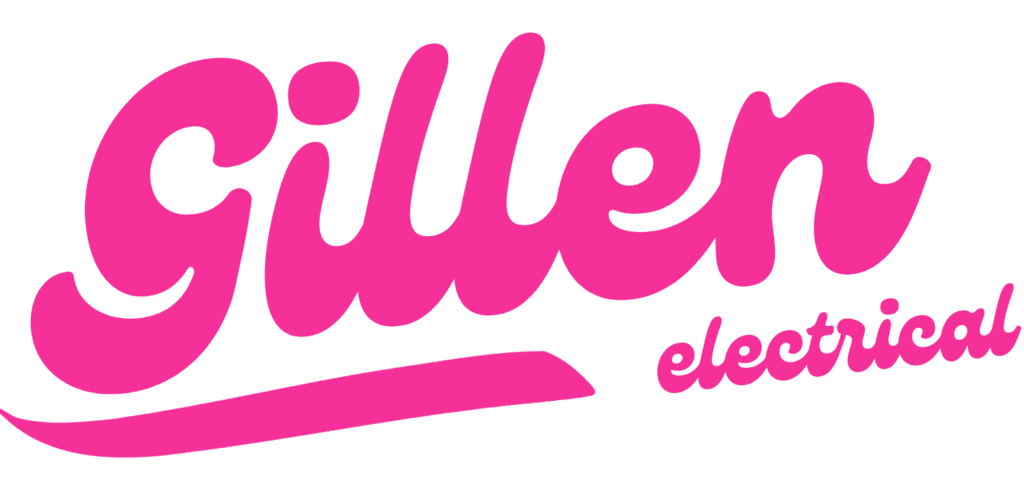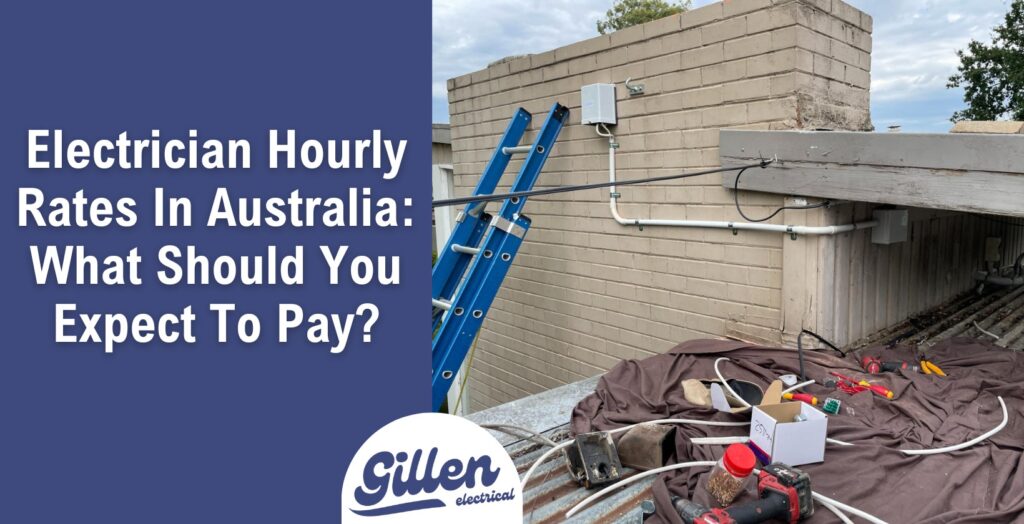The average hourly rate for a licenced electrician in Australia is $100 to $120, depending on location, job complexity, and time of day. Emergency services or after-hours work often attract higher call-out fees or premium rates.
Whether you’re rewiring a home or upgrading a switchboard, knowing what to expect from residential and commercial electricians helps avoid bill shock.
This guide breaks down average hourly rates by city, what affects pricing, emergency fees, A-Grade and apprentice rates, and ways to avoid unexpected costs.
Average Electrician Hourly Rate By State
These are the average hourly rates for electricians across major Australian cities:
Melbourne
Electricians in Melbourne charge between $85 to $110 per hour, with emergency rates reaching $150 or more.
Sydney
Electricians in Sydney charge between $110 to $120 per hour, with emergency rates reaching $150 or more.
Brisbane
Electricians in Brisbane charge between $80 to $105 per hour, with emergency rates reaching $100 or more.
Perth
Electricians in Perth charge between $85 to $110 per hour, with emergency rates reaching $150 or more.
Adelaide
Electricians in Adelaide charge between $75 to $100 per hour, with emergency rates reaching $150 or more.
Canberra
Electricians in Canberra charge between $90 to $115 per hour, with emergency rates reaching $150 or more.
Hobart
Electricians in Hobart charge between $80 to $105 per hour, with emergency rates reaching $100 or more.
Factors That Affect Labour Pricing
Here are the key factors that influence hourly labour rates:
Job Requirements
Simple tasks like replacing a light switch cost less than fault-finding or will be less than the cost of rewiring a house. Extra safety gear, ladders, or permits increase labour time and pricing.
Location
If the electrician needs to travel long distances or work in rural areas, a travel fee or higher base rate is added. Most urban areas don’t incur this unless access is difficult.
Time Of Day
Jobs scheduled after 5 p.m., on weekends, or during public holidays typically cost 1.5x to 2x the standard rate. Emergency call-outs attract flat fees starting from $150 before hourly labour begins. These surcharges affect the overall cost to install powerpoints, especially for urgent or after-hours jobs.
Call-Out Fees And Emergency Service Surcharges
Most electricians charge a flat call-out fee between $80 and $150. This fee covers travel, vehicle costs, and time spent diagnosing the issue. In most cases, the call-out includes the first 15 to 30 minutes of work, after which standard hourly rates apply.
Emergency call-outs cost more. Jobs booked after hours, on weekends, or during public holidays attract surcharges starting from $150 up to $250. This fee is applied before any additional labour is billed and reflects the urgency, scheduling disruption, and out-of-hours availability.
How Apprentice Rates Differ From A-Grade Electricians
An A-Grade electrician charges a full hourly rate, typically between $100 and $120, depending on location. Their work is licenced, insured, and compliant with safety regulations. Complex jobs such as switchboard upgrades or fault finding always require an A-Grade.
Apprentices support the work but don’t attend jobs on their own. When an apprentice assists, the total hourly rate may rise by $30 to $50.
Tips To Avoid Surprise Charges
Here are some tips to avoid surprise charges:
Ask For A Quote Upfront
Always request a fixed quote or written estimate before work starts. This helps prevent unexpected costs once the job is underway.
Confirm Hourly Rate And Job Duration
Ask how long the task should take to avoid open-ended billing. Clarify if time is billed in full-hour blocks or part thereof.
Clarify What’s Included In The Call-Out Fee
Some fees include basic diagnostics, while others don’t cover any labour. Ask whether return visits are included or charged separately.
Check If Materials Are Charged Separately
Many electricians charge for parts in addition to labour—ask for a breakdown. Request receipts or itemised costs to verify material charges.

